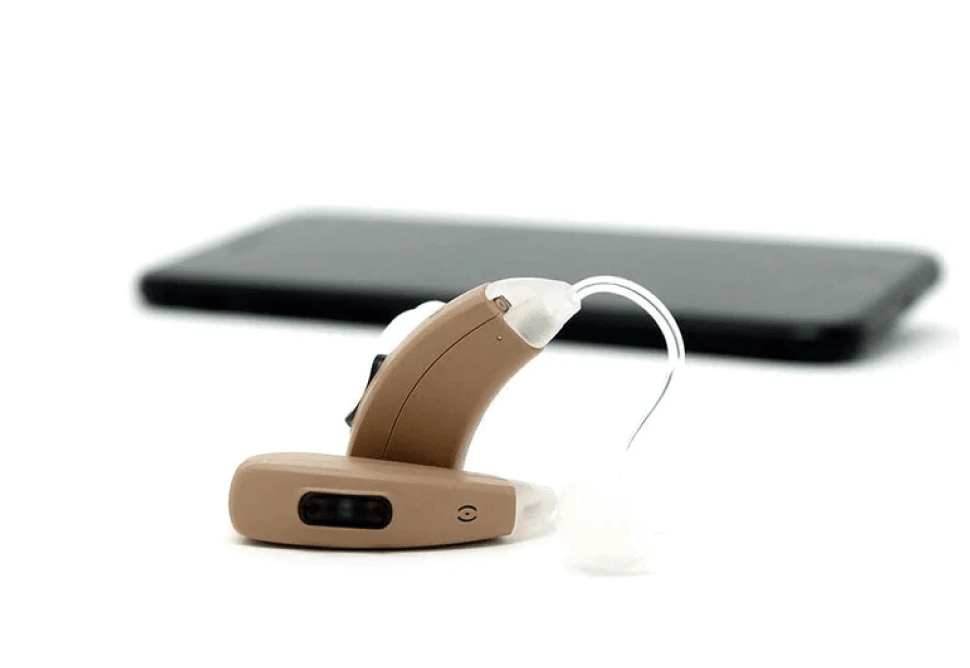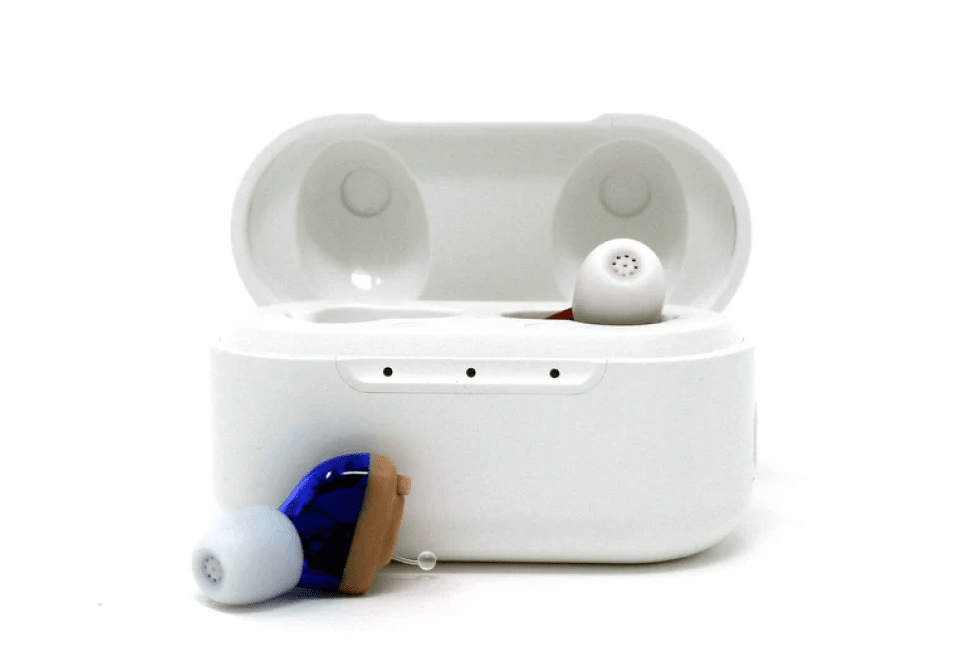An over-the-counter hearing aid can improve hearing for individuals with mild to moderate hearing loss. But how exactly does a hearing aid work? It has to do with the amplifier in a hearing aid. Essentially, hearing aids utilize a combination of sophisticated technology and features to make sounds louder, more audible, and more precise. This makes them an important tool for helping individuals with mild to moderate hearing loss hear more clearly.
How OTC Hearing Aids Work
The microphone and amplifier are two main components of the hearing aid that play the biggest role in how hearing aids work. The small microphone located on the hearing aid can pick up sounds from other people, the TV, the telephone, and background noise. The microphone then converts the sounds into electrical signals. These electrical signals produced by the microphone can be weak, which is where the amplifier component comes in - the amplifier takes the electrical signals from the microphone and makes them stronger.
Hearing aids also contain signal processing features, which essentially help reduce background noise while enhancing speech clarity, making it easier for individuals to hear. The amplified sounds then travel through the ear canal to the eardrum.
Lastly, many hearing aids have a feature known as feedback control. This prevents whistling sounds from occurring as a result of sound leaking from the hearing aid and being re-amplified. By having a feedback control feature, the hearing aid sounds more natural.
Is a Hearing Aid the Same as a Personal Sound Amplification Product?
No, a hearing aid is not the same as a Personal Sound Amplification Product (PSAP), because they are designed for different purposes. Specifically, a PSAP is designed to simply amplify all sounds during activities. They are not designed to improve hearing in individuals with hearing loss. They are also not FDA-approved.
OTC hearing aids, on the other hand, are solely designed to improve the hearing of those with mild to moderate hearing loss. They are also regulated by the FDA.
Will OTC Hearing Aids Work For You?
OTC hearing aids don’t require a prescription. This means as long as you’re at least 18 years old and experience mild to moderate hearing loss, it’s possible that you will experience benefits from OTC hearing aids.
Some signs and symptoms of mild to moderate hearing loss include (but are not limited to):
- Trouble hearing conversations in noisy places
- Difficulty hearing someone on the phone
- Feeling tired from listening
- Finding it difficult to follow conversations and hear people in group settings
- Needing to turn up the volume on the TV or radio, even if others say that it’s loud
If you think your hearing might be severe rather than mild to moderate, you should schedule an appointment with your doctor for an evaluation.
Symptoms of severe hearing can include (but are not limited to):
- Difficulty hearing loud noises
- Difficulty hearing conversations in quiet environments
- Reading lips




